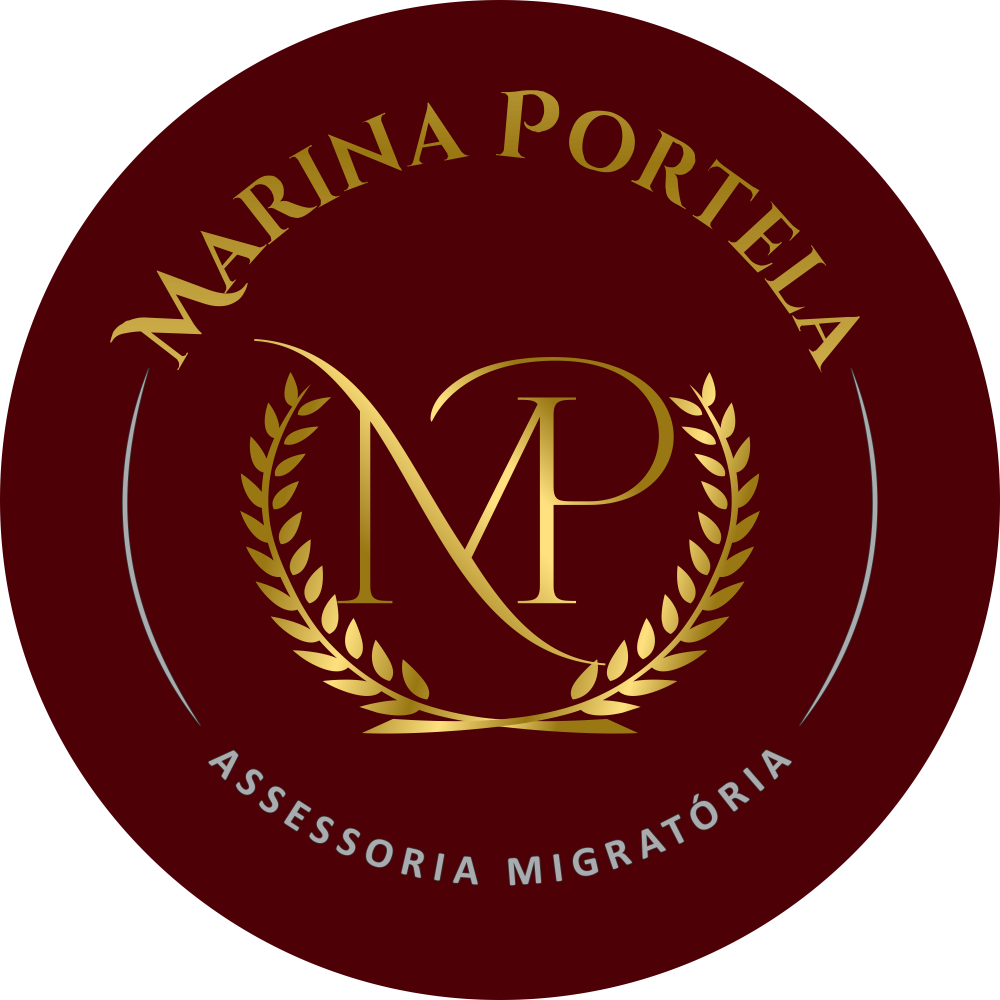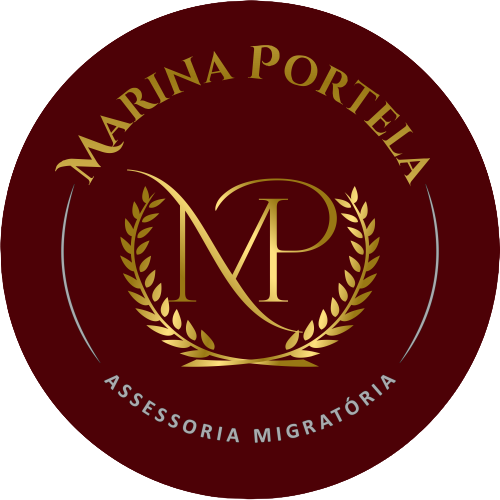
Knowing that expatriates are those citizens who live and work outside their country of origin, we will understand what the tax life will be like for those who decide to leave their homeland to live and work in Spain.
With regard to taxation regimes, expatriates can benefit from a special regime due to their status as expatriates, thus taxing at a fixed percentage during the year in which such benefit was requested plus the next five years after the granting of the tax benefit.
For this, it is necessary to comply with the requirements established by Ley 35/2006 on IRPF and its Amendment by Ley 28/2022, namely:
-Have not been a resident in Spain for the last five years.
-That the expatriate's displacement is a result of a job offer for a Spanish company.
-The expatriate's displacement is to assume the position of administrator of a Spanish company.
-The displacement of the expatriate occurred to start an entrepreneurial activity.
In their annual Income Tax adjustment, expatriates must declare the income obtained only in Spanish territory, so they will not be obliged to deliver the Declaration of Assets abroad to the Spanish Tax Agency.
Even with several benefits, it is worth mentioning that the expatriate will have the obligation to annually deliver the Declaration of the Impuesto sobre el Patrimonio, whenever the expatriate's assets exceed the exempt limit established by the government.
The rates for the Income Tax Return for expatriates are as follows, progressively:
For work income:
Up to €600,000 a year will be 24%
Over 600,0001 per year will be 47%
In the case of expatriates due to a job offer, this rate must be applied by payroll deductions from the moment the expatriate receives the letter of concession issued by the Spanish Tax Agency.




